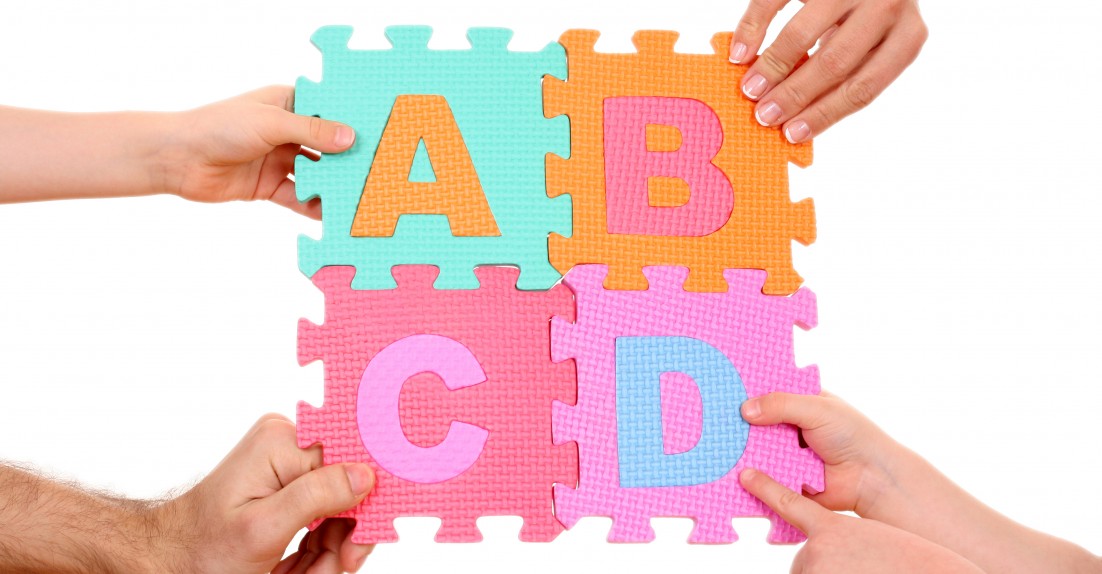We live in a world where most believe that the well-being of our most vulnerable citizens and communities is determined by how well their needs are addressed by outside agencies. In asset-based community development the belief is that well-being is determined by how well strengths are expressed; and not by how well needs are addressed.
This topsy-turvy thinking goes further in arguing that if citizens and their communities are treated as being the sum of their needs their individual and collective well-being will be damaged.
Forming relationships that are reciprocal is at the heart of what makes us, as human beings, well; and a relationship where one holds all the expertise and the other all the neediness is not reciprocal.
Today Rebecca, my colleague, and I are in Cairngorm National Park with the Health and Happiness team who work in communities throughout the Highlands. On a daily basis they form reciprocal relationships. Over the next few days we will hear their stories and learn to tune into their ‘way’; and we’ll share what we learn here as we go (although this may take a day or so as Internet connections are hard to come by).
Today, (now it’s early and the sun is finding its rightful place for an August morning) will start with a short input from me and then a day of ‘show and tell’. My input will be simple. I will present what I call the ‘dependency cycle’ and contrast it with the ‘reciprocity cycle’, and suggesting one causes harms and the other, liberation.
The cycles look a bit like this:
The reciprocity cycle is at the heart of ABCD community building. Here the liberation of the helper is intimately tied to the person they are helping to identify, connect and move their strengths into productive action.
Where a community builder, or anyone for that matter, starts to seek the value, not the neediness, of another person they are starting on a well oiled path towards mutual benefit. But hang on… Weren’t we all taught that professional helpers should not be looking for anything from needy people. Maybe we were, but that lesson needs leaving behind if you’re serious about ABCD community building.
That’s what Health and Happiness are doing; working to a different script. The lesson (which is counter-cultural) that they teach us is that there is nobody that is not needed when it comes to building community. If you start with people you want to help from the position that they have huge value for themselves and the wider community and that much of that value lies hidden behind labels of need, like ‘learning disability’. When people are valued they feel self-worth.
It was Kenneth, a man labelled with ‘learning disabilities’, who started Health and Happiness. He is with us today as a Director, along with Uisdean. Both re-tell how 11 years ago they started H&H and they are very clear about what is at the heart of this endeavour. They were living lonely lives trapped inside an institutional definition of what it means to be helpful, where they had little freedom, poor services, few friends and were separated from their communities.
Make no mistake in a world where programmes and services are the dominant offer, Health and Happiness stands not as a model of best practice but as a better way to be human together.
Last night I sat with Kenneth, Uisdean, Pete, Ellie, Mike, Bruce, Carrie, Sheena, Michaela and Rebecca, we told stories, laughed, shared moments of sadness, thought of George (an absent team mate), and were the better for it. There were no experts or clients, only friends.
This is the site of the social care and Health care revolution. The shift is simple from service provision to community building. From dependency to reciprocity.

August 17, 2013 at 12:01 pm
Nice explanation Cormac. I am still battling on against heavy resistance to ABCD and Social Rights principles in Cornwall. I would add Local Authority centric in the bottom left model and local people centric a to the bottom right model. Best wishes Dave.
August 19, 2013 at 6:54 pm
Thanks Dave,
That’s really interesting. Let me play with that for a few days and see what else spins out. I’m also thinking there’s a real contrast between transactional relationships and reciprocal . At the heart of this there is an fundamental challenge to power.
We will be starting a beacon project in Torbay in September would be good to meet up. Cormac
August 19, 2013 at 7:58 pm
Reblogged this on cormacrussell.
Pingback: Remembering together that together we remember | Nurture Development